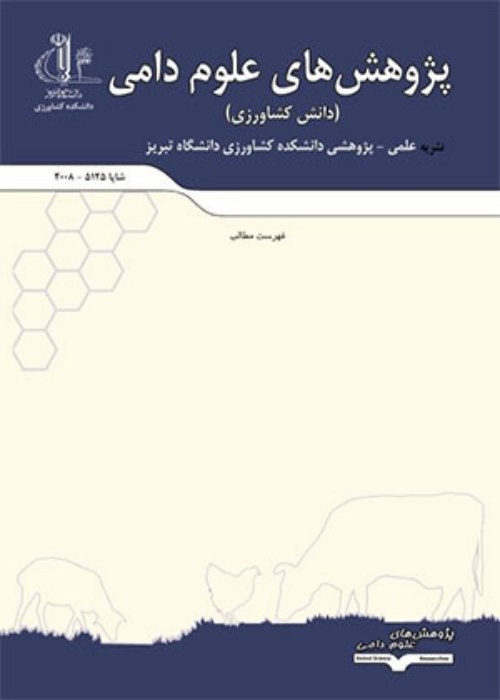Effects of dietary vitamin C supplementation on growth performance, carcass characteristics, gastrointestinal organs, liver enzymes, abdominal fats, immune response and cecum microflora of broiler chickens
Description of the subject. Increasing the concentrations of blood glucose lead to decreased appetite and decreased concentration of stimulant in the hunger center of the bird's hypothalamus and consequently decreased feed intake. High intakes of vitamin C may alter blood glucose concentration, although the evdienec is contradictory. Objectives. The aim of this study was to evaluate the effects of three different levels of vitamin C (0, 200 and 400 mg/kg DM) on performance, carcass and digestive organ characteristics, blood plasma components, liver enzymes, immune system, and cecal microbial flora of broilers. Method. The study had a completely randomized design with 3 treatments and 4 replicates of 10 chickens per pen. The study lasted 42 days and started with 120 one-day-old male chickens of commercial Ross 308 strain. Tmt measn were compared using Duncan's multiple-range test. Results. Chicks fed a diet containing 200 mg/kg vitamin C had the highest feed intake and weight gain as well as the best feed conversion ratio, the lowest cost per kilogram of live body and the best European production factor. The effect of vitamin C was significant on live body weight, featherless weight, full abdomen carcass weight, empty abdomen carcass weight, relative crop weight and relative breast weight (p <0.05) and the highest increase was related to the level of 200 mg/kg vitamin C. On the other hand, the use of different levels of vitamin C on blood parameters and liver enzymes of broilers was not significant (P≥0.05). In addition, the percentage of neutrophils and lymphocytes was significant (p <0.05) and the highest percentage of neutrophils was also for using the level of 200 mg/kg vitamin C. Comparing the mean results of antibody titers against SRBC did not show a significant difference (P≥0.05), except for 35 days of age, which was significant (P <0.05). Numerically, the highest antibody titer was related to the level of 200 mg/kg vitamin C. So, based on the results of the present study, the use of 200 mg/kg vitamin C to supplement the diet of Ross 308 strain broiler chickens is recommended. Conclusions. Although vitamin C was not very effective on blood parameters, it improved the immune system and reduced the fat content of the ventricular area, thereby improving the quality of carcass meat. Therefore, according to the results of this experiment, it is recommended to use 200 mg/kg vitamin C in diet as an antioxidant compound and a cheap promoter of growth.
- حق عضویت دریافتی صرف حمایت از نشریات عضو و نگهداری، تکمیل و توسعه مگیران میشود.
- پرداخت حق اشتراک و دانلود مقالات اجازه بازنشر آن در سایر رسانههای چاپی و دیجیتال را به کاربر نمیدهد.


